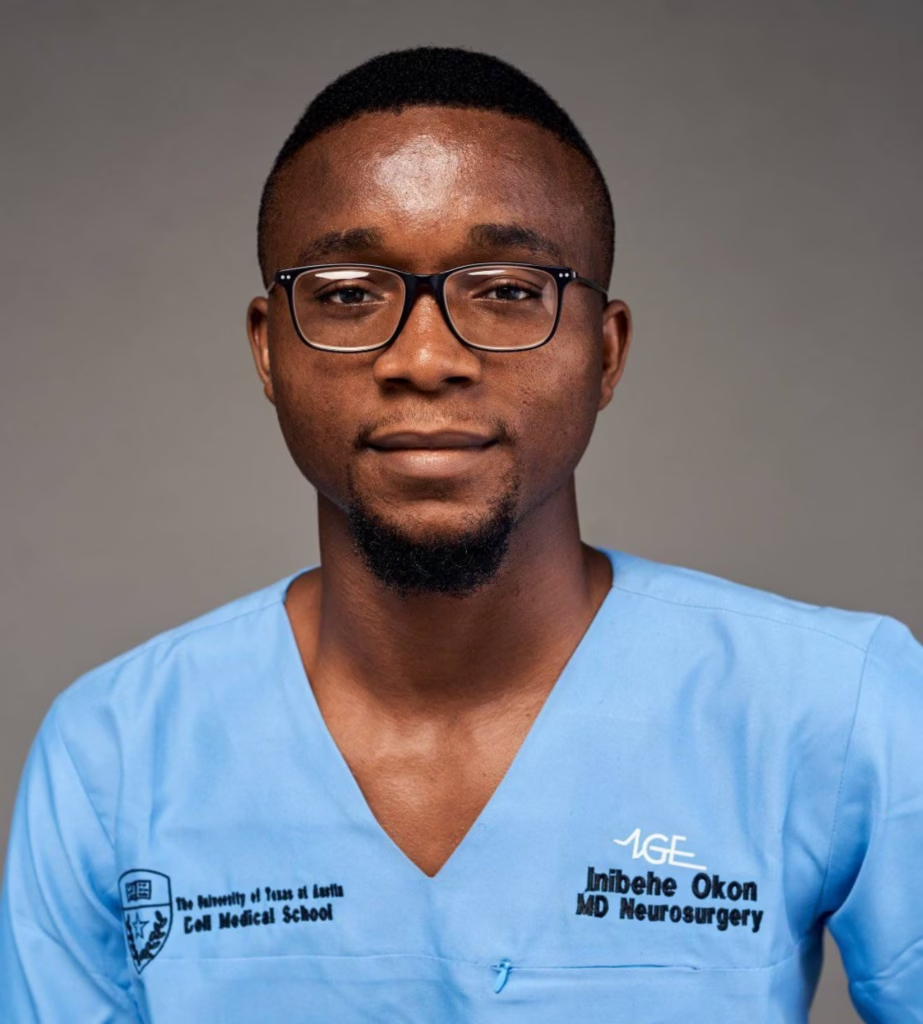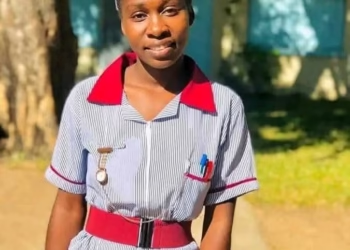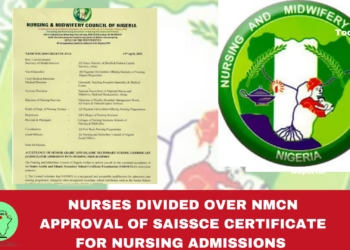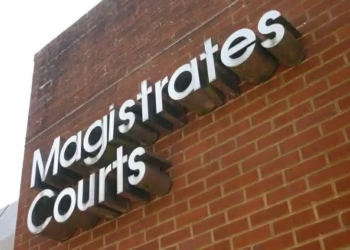A developing scandal has emerged involving Inibehe Okon, an alleged impostor who has reportedly presented himself as a neurosurgery resident despite having no verifiable medical credentials. This case has ignited widespread debate about medical fraud, professional accountability, and the dangers of unchecked impersonation in healthcare.
The Rise and Exposure of an Alleged Fraud
According to multiple online sources, Okon was known within the University of Uyo medical community, frequently attending events hosted by the University of Uyo Medical Students Association (UUMSA) and the Nigerian Association of Akwa Ibom Medical Students (NAAKIMS). He reportedly took pictures with executives and participated in medical outreaches, presenting himself as a legitimate medical student.

However, reports indicate that Okon was never officially admitted to the University of Uyo’s medical school. His supposed classmates allegedly warned him to stop parading as a student because there was no record of him ever being part of their program. Some sources claim he moved around with a fake admission letter and was never inducted into the Medical and Dental Council of Nigeria (MDCN).
The controversy escalated when Okon began claiming he had matched into a neurosurgery residency at the prestigious Johns Hopkins Hospital in the United States. His claim raised immediate suspicions, as his supposed classmates from 2018 are still in medical school, yet he now asserts he is a resident neurosurgeon. A deeper investigation revealed inconsistencies in his academic and professional history.
Photoshopped Evidence and Plagiarism Allegations
Digging into his background, critics discovered that many of the images he shared—such as graduation photos—were allegedly photoshopped. Furthermore, he was previously called out in 2021 for plagiarism, raising further doubts about the legitimacy of his academic achievements.

An analysis of his publication claims also highlights an alarming inconsistency. If Okon truly authored 6,920 research papers, he would need to have written at least one paper per day for approximately 19 years—without taking a single day off. This calculation alone casts serious doubt on his credibility.
A Pattern of Impersonation and the Risk to Patients
The most concerning aspect of this case is the potential danger posed by fraudulent medical practitioners. If left unchecked, such individuals could gain access to real patients, performing procedures they are entirely unqualified for. The question now being asked is whether Okon ever attempted to perform surgical procedures, and if so, under what circumstances.
His alleged obsession with famed neurosurgeon Dr. Ben Carson has also raised eyebrows. Okon reportedly attended a school associated with Carson in Nigeria, chose pediatric neurosurgery as his specialty, and claimed to have matched into Johns Hopkins, where Carson himself built his career. This suggests a pattern of calculated deception designed to gain legitimacy through association.
The Bigger Picture: Medical Fraud and Accountability
This case has reignited discussions about professional accountability and the ease with which impostors can infiltrate the medical field. Some have drawn parallels between this and the long-standing issue of medical doctors in Nigeria allegedly enabling quackery in nursing—training secondary school dropouts in their private hospitals and certifying them as nurses after just six months to a year of informal training.
Now, with a case of suspected quackery in neurosurgery coming to light, the question arises: is the table turning? Will medical professionals hold themselves to the same standards they demand from others?
What Happens Next?
As calls for an investigation grow louder, the public is demanding answers to critical questions:
- Where did Inibehe Okon graduate from?
- When was he inducted into the MDCN?
- What is his MDCN folio number?
- Does Johns Hopkins have any record of him as a resident?
This case highlights the urgent need for stricter verification processes in medical practice. The establishment of a public, verifiable MDCN register could serve as a preventive measure against future cases of impersonation.
The alleged fraud by Inibehe Okon serves as a stark reminder of the importance of transparency, verification, and accountability in the medical profession. As investigations unfold, one thing is clear: the healthcare sector must remain vigilant to protect public trust and ensure patient safety.











